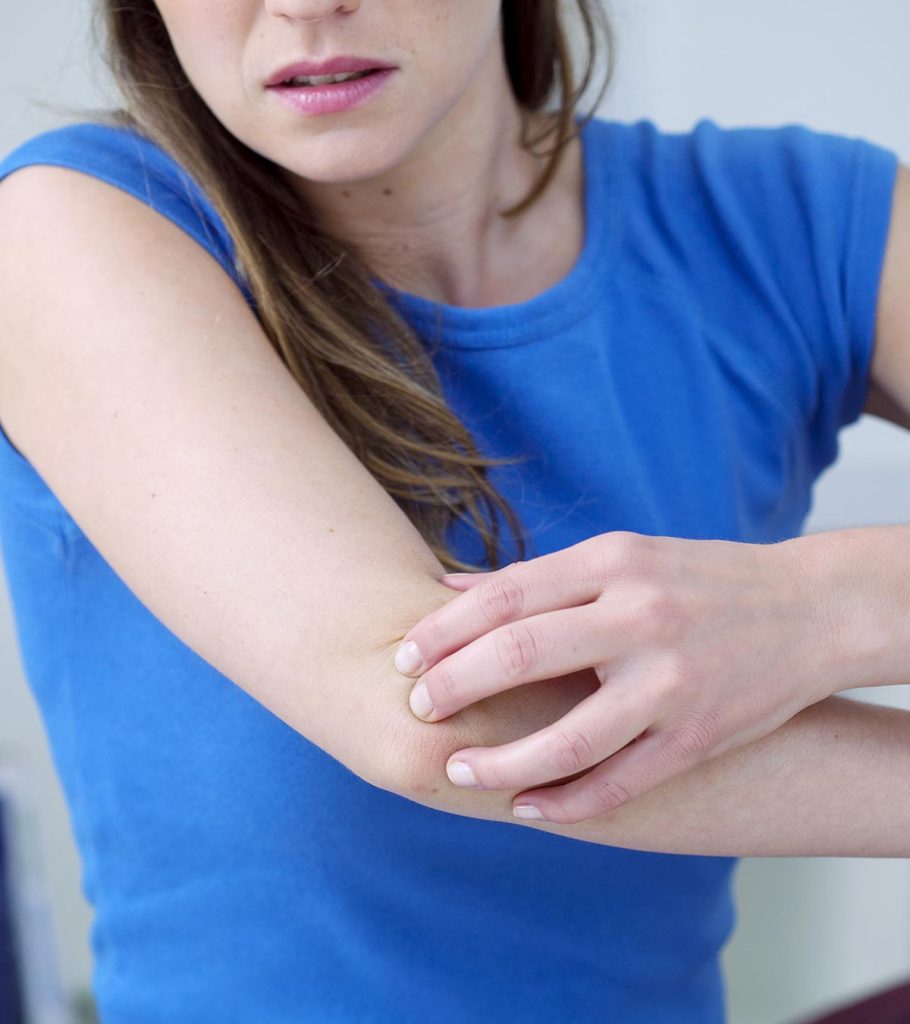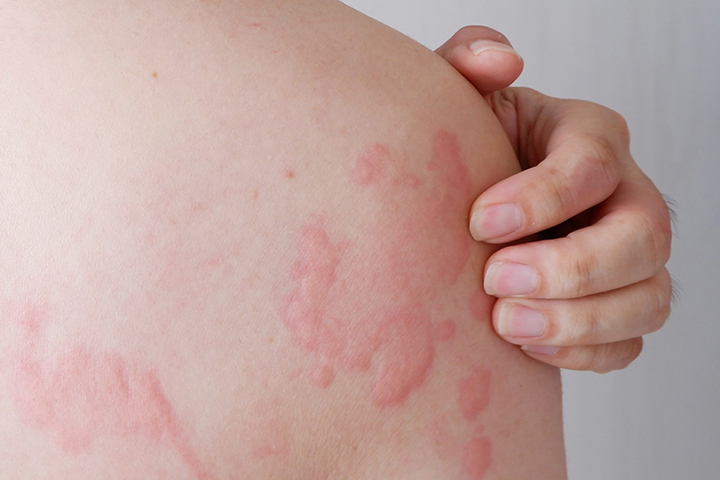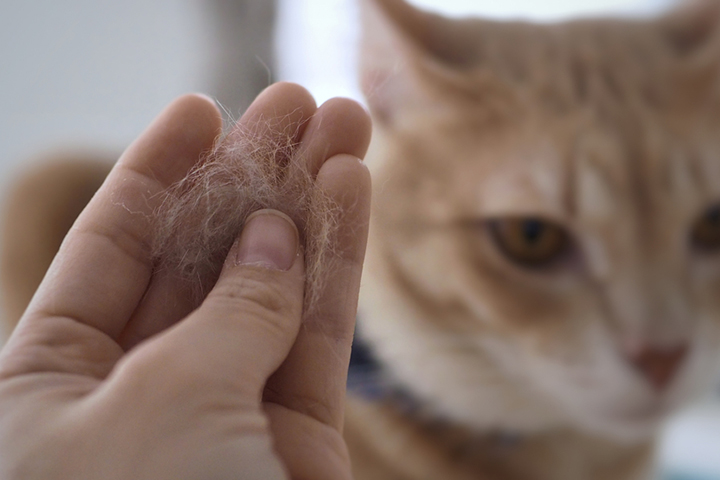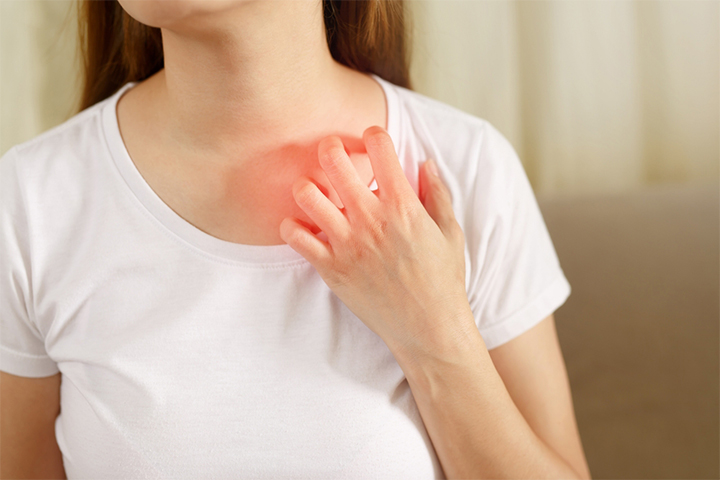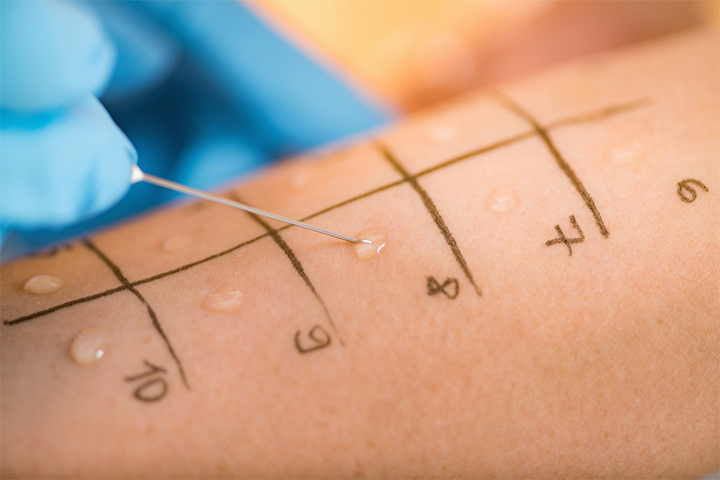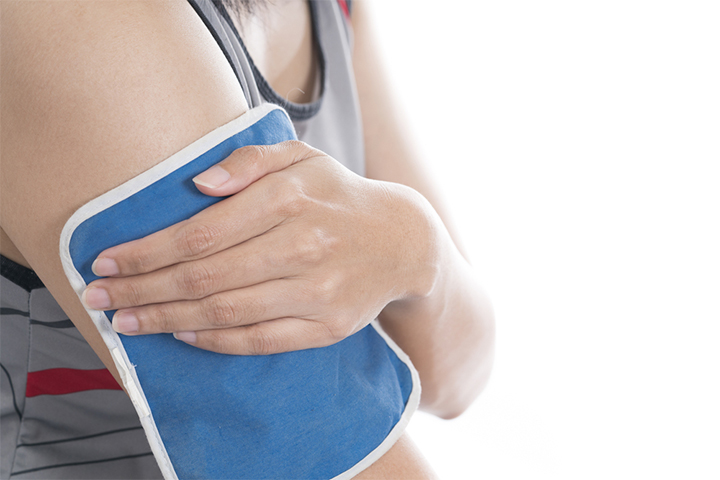If you are experiencing hives while breastfeeding, you may fear transferring them to your babies. Hives commonly occur as rash-like bumps on the skin that are itchy and reddish in appearance. In addition, they may appear when the body reacts to an allergen.
Hives are mostly treated with antihistamine drugs; however, they may affect your baby since the drug passes into the breast milk. Therefore, it is important to consult your doctor about the safety of antihistamines and the right way of using them before you adopt the treatment.
Read about the causes of hives, their symptoms, diagnosis, and the treatment options for nursing mothers.
What Are Hives?
Your body’s reaction to an allergen can trigger hives. Nettle rash and urticaria, are other popular names for hives. It causes skin irritation and makes your skin break out in red and itchy rashes that look like little bumps on your skin. If you have hives, you will experience an itching and stinging or burning sensation.
Hives can appear anywhere on your body, including your face, lips, arms, throat and even ears. The rashes may be as small as a regular eraser to as big as a meal plate. Sometimes, multiple rashes can join to form a big patch or plaque (1).
What Causes Hives?
When your body reacts against an allergen, it produces the protein histamine as well as certain other chemicals. As your body releases histamine, the blood vessels in your skin leak blood plasma. It could cause swelling, itching and rashes.
Here are some of the most common causes of hives during breastfeeding:
- Pollen
- Drugs like aspirin, other nonsteroidal anti-inflammatory medications such as ibuprofen, high blood pressure drugs or painkillers such as codeine may also cause hives.
- Bites by insects and bugs
- Animal dander especially from cats
- A food allergy caused by the consumption of nuts, eggs, fish, chocolate, berries, shellfish, and more. Milk allergy may also cause hives. Foods that contain additives and preservatives may also trigger hives.
Sometimes, you may suffer from hives when your skin reacts to the following:
- Excessive sweating
- Stress, especially emotional stress
- An infection, especially mononucleosisiXA contagious viral infection that typically spreads through the saliva.
- An excess of exercising
- Exposure to extreme cold or too much sun
- Illness, including lupusiXAn autoimmune disease causing inflammation and damage to several organs in the body., other autoimmune diseases, and leukemiaiXA cancer of blood-forming cells and tissues impacting the immune system and normal body functioning.
What Are The Symptoms Of Hives?
Some common symptoms of hives include the following:
- Itching (pruritus)
- Appearance of red or skin-colored welts with defined edges.
- Plaques that enlarge, spread, and join to form larger areas of flat rashes.
- You know you have hives when you press the center of a plaque, and it turns white.
How To Diagnose Hives?
A doctor can diagnose hives during a physical examination. They may enquire about any history of allergies you have had. They may advise a skin and blood test to identify the exact cause of hives. An allergy blood test measures the immunoglobulin E (an antibody) in your body. The more the antibody, the more is the chance for allergy to be diagnosed.
A mother of four who goes by the pen name ‘Arizona Girl’ shares her experiences with allergy testing. The testing became necessary when she developed postpartum hives while breastfeeding. She reveals, “Allergy testing showed that I am allergic to a lot of environmental things. Even if my hives are being caused by hormonal changes, they can be worsened by environmental factors or food allergens. We have used this information to try to limit the effects of my environment. I am now at a point where I can live with my hives (i).”
When To Seek Medical Help?
You should seek immediate medical help if you experience
- Breathlessness
- Inflammation in your throat, face or tongue
- Wheezing
- Infected bumps
- Hives or swelling lasting more than a week
- Swelling in eyes and lips
Treating Hives While Breastfeeding
Antihistamine drugs are one of the most common ways to treat a case of hives, but it is not the choice of treatment when you are breastfeeding. Antihistamines drugs can enter your bloodstream, permeate your breast milk and harm your baby. If you have contracted hives and are also breastfeeding, do not panic yet. Here is how you can start the treatment for hives while breastfeeding (2):
- Speak to your doctor the moment you notice the rashes. Make sure you inform your doctor that you are breastfeeding your baby. Your doctor may prescribe antihistamines that pass in the breast milk in minimal amounts. Discuss the potential effects the medication may cause you or your baby. Take it as soon as you feed your baby, as it will reduce your baby’s chances of exposure to the same.
- Check with your doctor if they can identify a specific allergen that triggered hives. Try and avoid exposure to the same to minimize further risk. If it is a food-related allergy, remove that from the maternal diet.
- Try using a cold compress that will soothe the itching or burning sensation due to hives.
- Avoid tight-fitting clothes and hot showers while you are suffering from hives.
Home Remedies For Treating Hives
For those dealing with mild hives, here are simple home remedies to ease the symptoms (3) (4) (5):
- Take a comfortably cool bath and add substances like baking soda, uncooked oatmeal, or colloidal oatmeal to soothe irritated skin.
- Wash with a fragrance-free cleanser. Ensure it is truly fragrance-free rather than just unscented, which can still irritate the skin.
- Ensure your skin does not get overheated.
- Use fragrance-free moisturizers multiple times daily to prevent dry skin, aiding in alleviating symptoms.
- Tracking your daily activities, meals, and surroundings can unveil the factors causing sudden hives. Identify and avoid these triggers to minimize future episodes.
These easy measures offer relief for minor hives. For persistent or frequent cases, seeking advice from a healthcare expert is vital for accurate diagnosis and treatment.
Hives are usually caused by pollen, allergy, or insect bites. The most common treatment option for hives is antihistamine drugs. However, the possibility of the drug components permeating the breastmilk and reaching the baby is high while breastfeeding, and hence you should try alternative remedial measures. Consult your doctor immediately if you are concerned about symptoms such as breathlessness, fainting, or are experiencing discomfort. Also, do not stress yourself during this situation as it might aggravate the condition.
Key Pointers
- Hives are commonly caused by insect bites, excessive sweating, or exposure to pollen.
- Common symptoms of hives include redness of the skin and itching.
- Applying a cold compress and wearing loose-fitting clothes can help relieve the symptoms.
- If signs of breathlessness and swelling of lips and eyes occur, consult with the doctor immediately.
Watch this informative video to discover effective strategies for managing hives while breastfeeding. Learn gentle techniques to alleviate your infant’s skin irritation and promote their comfort.
